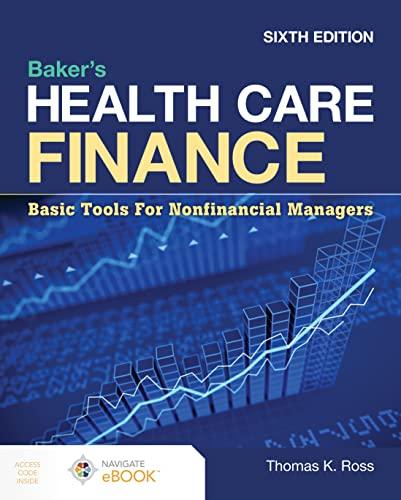Question
Course: Canadian Income Tax Some interesting discussions happening here! As I was doing my research, I could see the arguments both for and against the
Course: Canadian Income Tax
Some interesting discussions happening here!
As I was doing my research, I could see the arguments both for and against the fairness of the 50% deduction for security stock options. However, I will argue that the tax system is not fair and needs to be refined, and I will outline my arguments.
Often known as the stock option loophole the 50% security deduction occurs when:
- For a public company if the option is not in the money
- For a CCPC if the option is held for more than two years
The current system is not fair because it does not benefit society as a whole, but rather, it benefits the wealthiest people and lets wealthy people use this loophole to avoid paying taxes on 50% of their income. The Canadian government loses and forfeits billions of dollars annually in tax revenue to keep this tax loophole. A common argument in favour of the tax loophole is that smaller businesses can benefit from it, since for private companies, the option doesnt have to be in the money; the option just has to be held for more than two years. However, the people who take advantage of this loophole are not small, private businesses, but rather the wealthiest people who abuse this privilege just to avoid paying taxes and contributing to the good of society. The ones that should be paying the most (in other words, the idea of the more you earn, the more taxes you pay), are actually not, meanwhile, low to mid class people pay taxes on 100% of their income. So much money is lost to the public (saved by wealthy people) that could be used towards the greater good of society and this is done to subsidize the wealthiest people in society. Taxes go towards things like education, health care, libraries and the list goes on. It is the low to mid class citizens who pay for this, yet everyone, including the wealthiest people benefit from all the aforementioned services. In the attached article, it states that over 90% of the benefit goes to the top 1% of income earners. So how is it fair that millionaires and billionaires avoid paying taxes on half their income, meanwhile an average person who is making ends meet must pay taxes on 100% of their income?
With taxes, the Canadian government is focused on raising money to improve the needed necessities and facilities for Canadian citizens. To do so, it is important to reduce inequalities, which they are currently not doing, all while maintaining a healthy economy. I dont think this deduction should be fully eliminated but I do think it needs refining to benefit all of society, as opposed to the richest 1%. I read an article by KPMG (attached) saying how most companies want to introduce a limit on this tax benefit of an annual cap of $200,000, excluding CPCCs. I am curious to see as to how this will have an impact on the appeal of employee stocks what do you guys think?
Overall: I do think the current system needs refinement, and that it mainly benefits the wealthiest people in society.
Please make response to this comment.
Step by Step Solution
There are 3 Steps involved in it
Step: 1

Get Instant Access to Expert-Tailored Solutions
See step-by-step solutions with expert insights and AI powered tools for academic success
Step: 2

Step: 3

Ace Your Homework with AI
Get the answers you need in no time with our AI-driven, step-by-step assistance
Get Started


